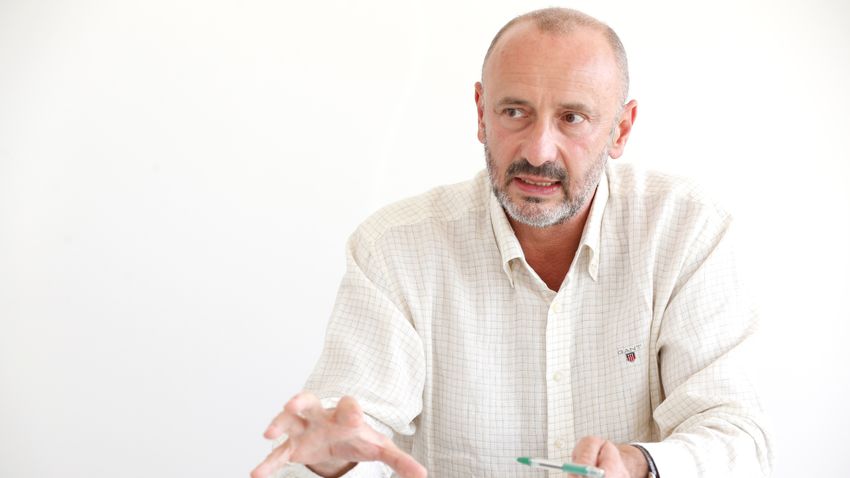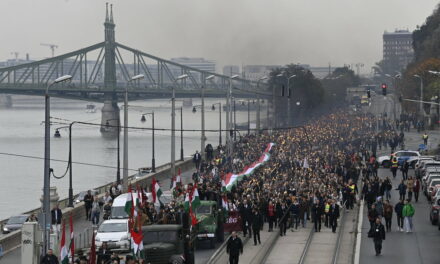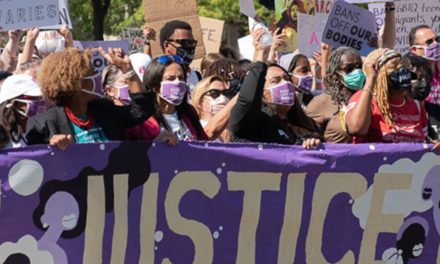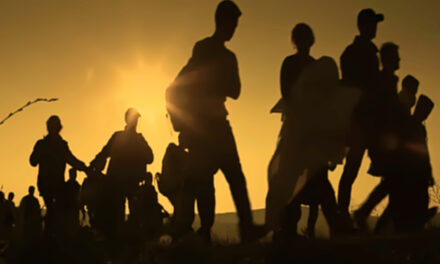Violent demonstrations became regular in the immediate vicinity of the Alexander Palace and the Carmelite monastery. The normal functioning of the state should not be jeopardized for a few politically motivated clips.
It is the responsibility of the state to ensure the safety of its citizens. Voters expect their government to recognize and identify external and internal threats, and then to counter them with appropriate measures. Twenty-four hours a day, every day of the year. For this trying task, the physical security of the state's most important decision-makers must be guaranteed. In addition, the continuous existence of all conditions necessary for their work, their constant availability, and safe transportation.
Why do we need to talk about this today? Because the majority of our society feels the responsibilities arising from the deterioration of our security situation. Therefore, it is right to expect the Hungarian government to protect us with well-considered decisions and effective measures. Law enforcement agencies and secret services protect the country's top leaders so that they can do their jobs. However, effective protection always means that we must acknowledge certain restrictions and accept elementary rules. Such a foundation is that the president, prime minister and other protected leaders of the Hungarian state can work in safe conditions. Therefore, all sane people should respect and accept certain limitations, as they do in most countries of the Western world.
The presidential residence in the capital of the United States is constantly protected by a number of visible and invisible security systems.
There are snipers on the roof of the White House constantly watching with muzzle-loading guns. The building is protected by a steel fence several meters high, and traffic on the surrounding roads is severely restricted. Tourists can only receive permission to visit after a strict check and on the basis of prior registration. Nobody and nothing can obstruct or threaten the transportation of the president and his staff. But if we come closer, we can see in London and Paris that the residences of the British Prime Minister or the French President are also protected in a similar way. Even by closing streets and public areas, strictly checking all entrances.
I know that many people just wave at this, saying that these are great powers, that strict protection is natural there. I think this thinking is leading you astray. For us Hungarians, it is at least as important that the state functions well and that the government does its work efficiently. This is also why I am perplexed at what has been happening in the Castle with the active participation of several left-liberal politicians in recent weeks. Violent demonstrations became regular in the immediate vicinity of the Alexander Palace and the Carmelite monastery.
However, the workplace of the President and Prime Minister of Hungary could not be the target of violent political demonstrations. There are many areas for that in the capital.
The normal functioning of the state should not be jeopardized for a few politically motivated clips. It is true that the Vice-President of the European Commission, Vera Jourová, can be spectacularly horrified watching the footage of the demonstrations. However, let's immediately ask the question: in which western capital would they allow violent demonstrations just a few tens of meters from the offices of the Prime Minister or the President of the Republic?
In none of them. The cynical overtones in the opposition media about "alleged" construction cordons and temporary fences protecting archeological excavations only add fuel to the fire instead of at least all those involved striving for a political consensus on this. After all, the opposition also politicizes with the belief that one day they will take possession of those offices. Everyone should be aware that these locations are taboo.
Democracy does not begin when a few hundred people can paralyze the functioning of the state and limit the movement of its leaders.
As a result of the reconstruction of the Castle District in Buda, which many of us watched with joy and pride, the old-new government center is emerging, which concentrates the leaders and their staff in a relatively narrow space. And their safe transportation is limited to just a few routes.
Because of all this, I believe that a strong, effective defense system must also be built as the reconstruction process draws to a close. A modern unified whole, made up of visible and invisible, physical and technical devices, adapted to local conditions. Which law-abiding citizens also accept, as they see it as one of the guarantee elements of the functioning of a thousand-year-old state. And every Hungarian must understand that the protection of their prominent leaders is not some kind of mischief.
Practicing democracy does not mean that some political activists consciously, with provocative intentions, march the demonstrators to the Carmelite monastery or the Alexander Palace.
It should not be arranged in the long term for the police to protect these areas with their own bodies, as this always entails a serious risk.
Students should also understand this. Perhaps their parents and teachers could help explain that the protection of these strategically important objects is not a matter of sympathy, but the interest of all of us.
Regardless of how the ruling government is judged. A hundred years ago, this nation already experienced how a country made ungovernable, taken hostage, became free prey. In order not to end up in a similar situation again, perhaps it is not a big price to close off an area of a few hundred meters and take collective, voluntary notice of it.
József Horváth, security policy expert of the Center for Fundamental Rights
Featured image: Magyar Nemzet / András Éberling












